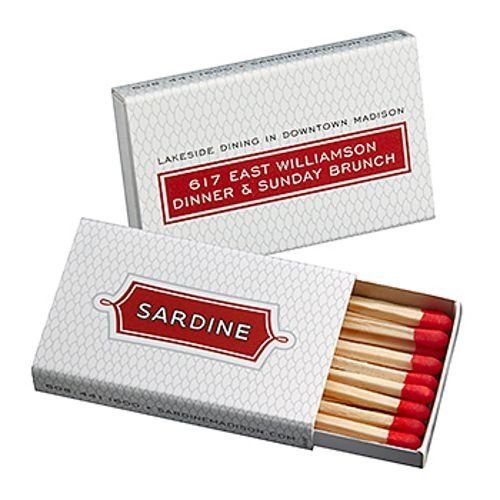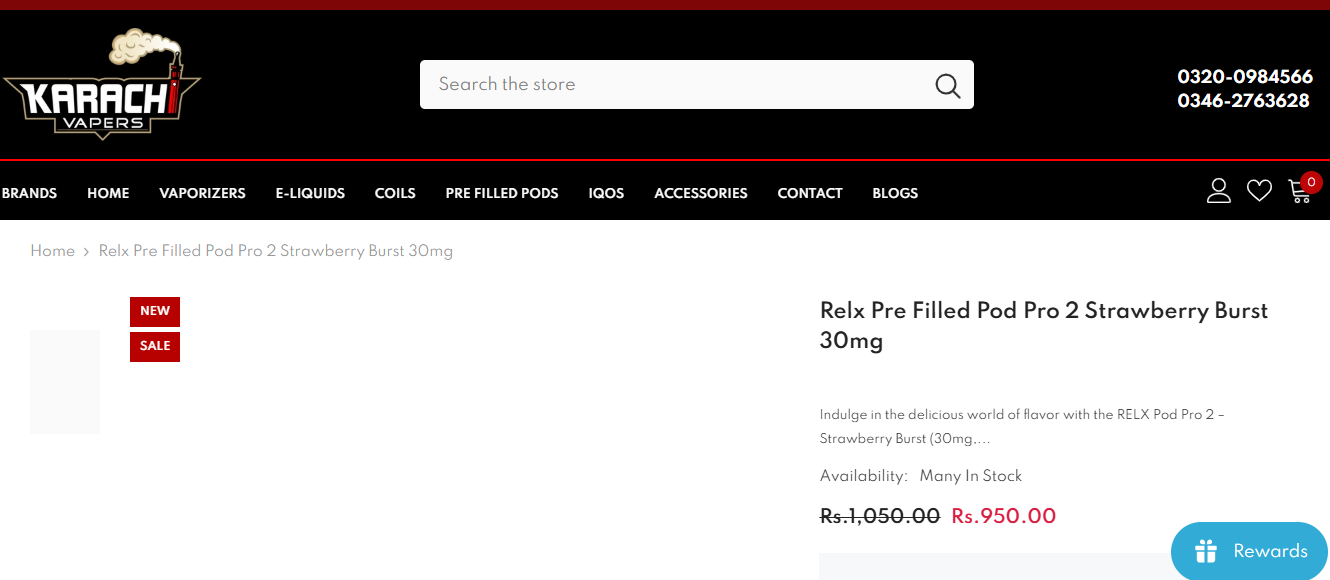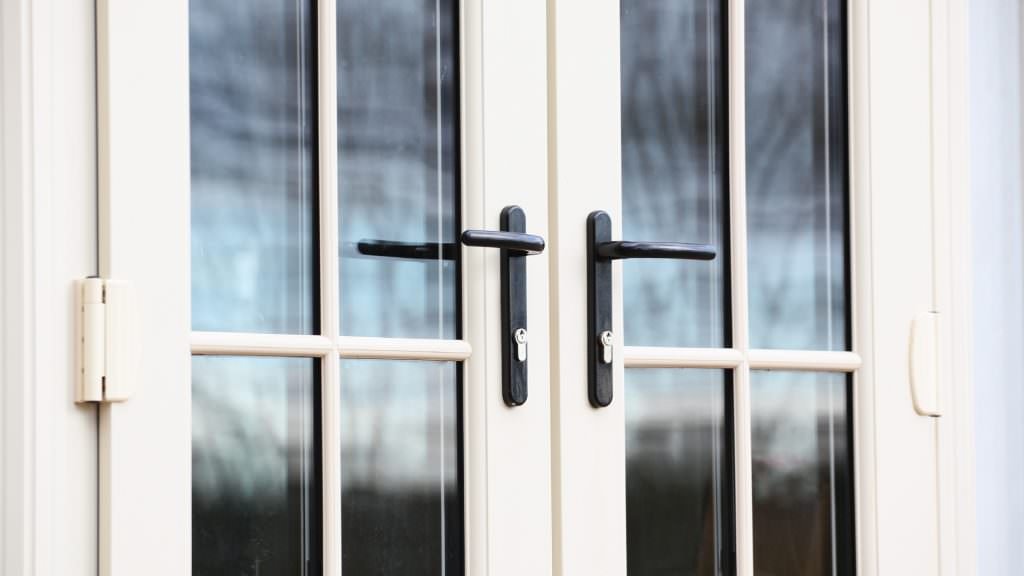Finding the right material wholesaler in the UK can make or break your business. Whether you’re a small fashion brand, a home textiles business, or a large manufacturer, securing the best deals on quality fabrics is crucial. But with so many suppliers out there, how do you choose the right one? This guide will walk you through nine key factors to compare UK material wholesalers effectively, ensuring you get the best value for your money.
1. Assess the Quality of Materials
Before anything else, you need to ensure the wholesaler provides high-quality materials. Cheap prices mean nothing if the fabric is subpar.
- Request Samples – Most reputable wholesalers offer fabric samples. Test them for durability, texture, and colourfastness.
- Check Material Composition – Verify if the fabric is 100% cotton, polyester blend, or another material as per your needs.
- Read Reviews – Look for customer feedback on quality consistency.
A supplier like Create Fabrics ensures premium-quality materials, making them a reliable choice for businesses that prioritise durability and finish.
2. Compare Pricing Structures
Price is a major factor, but the cheapest option isn’t always the best.
- Bulk Discounts – Some wholesalers offer better rates for larger orders.
- Hidden Costs – Watch out for extra charges like shipping or handling fees.
- Price Matching – A few suppliers may match competitors’ prices if you ask.
Always compare multiple wholesalers to find a balance between cost and quality.
3. Evaluate Minimum Order Quantities (MOQs)
Some wholesalers have high MOQs, which may not suit small businesses.
- Flexible Suppliers – Look for wholesalers that accommodate smaller orders.
- Dropshipping Options – Some suppliers offer dropshipping, eliminating the need for bulk purchases.
If you’re just starting, working with a supplier that has low MOQs can help you manage inventory better.
4. Check Shipping and Delivery Times
Slow deliveries can disrupt your production schedule.
- Domestic vs. International Shipping – UK-based suppliers usually deliver faster than overseas ones.
- Express Shipping Options – Check if expedited shipping is available for urgent orders.
- Delivery Reliability – Read reviews to see if the supplier meets deadlines consistently.
A dependable wholesaler ensures your materials arrive on time, keeping your business running smoothly.
5. Look at the Variety of Fabrics Available
A good wholesaler should offer a wide range of materials.
- Trending Fabrics – Suppliers should stock popular materials like organic cotton, linen, and sustainable fabrics.
- Specialty Fabrics – If you need unique textiles (e.g., waterproof or flame-resistant), check availability.
- Seasonal Collections – Some suppliers update their inventory based on fashion trends.
A diverse selection means you won’t have to source from multiple suppliers, saving time and effort.
6. Examine Customer Service and Support
Reliable customer service is essential for resolving issues quickly.
- Response Time – Test how quickly they reply to inquiries.
- After-Sales Support – Check if they assist with returns, defects, or order changes.
- Account Managers – Some wholesalers assign dedicated managers for bulk buyers.
Good communication ensures a smooth purchasing experience.
7. Review Payment Terms and Flexibility
Payment options can impact cash flow.
- Credit Terms – Some wholesalers offer 30- or 60-day payment plans.
- Multiple Payment Methods – Look for options like PayPal, bank transfer, or credit.
- Deposit Requirements – Check if an upfront deposit is needed for large orders.
Flexible payment terms can ease financial pressure, especially for startups.
8. Check Ethical and Sustainable Practices
More businesses now prioritise sustainability.
- Eco-Friendly Materials – Look for organic, recycled, or low-impact dyes.
- Fair Trade Certifications – Ensures ethical labour practices.
- Carbon-Neutral Shipping – Some suppliers offset their delivery emissions.
Choosing an eco-conscious wholesaler can also appeal to environmentally aware customers.
9. Read Customer Reviews and Testimonials
Real feedback helps gauge reliability.
- Google & Trustpilot Reviews – Check ratings and detailed comments.
- Case Studies – Some suppliers showcase successful client partnerships.
- Social Media Feedback – Look for comments on Instagram or Facebook.
A supplier with consistently positive reviews is usually a safe bet.
Conclusion
Comparing UK material wholesalers requires careful consideration of quality, pricing, MOQs, shipping, variety, customer service, payment terms, sustainability, and reviews. Taking the time to research ensures you partner with a supplier that meets your business needs.
For a trusted option, you might consider Create Fabrics, known for their high-quality materials and reliable service, making them a preferred choice among UK wholesalers.
FAQs
1. How do I know if a wholesaler is reliable?
Check reviews, ask for samples, and test their customer service responsiveness before placing a large order.
2. What’s the benefit of buying from UK-based wholesalers?
Faster shipping, lower import taxes, and easier communication due to no time zone differences.
3. Can I negotiate prices with fabric wholesalers?
Yes, many wholesalers offer discounts for bulk orders or long-term partnerships.
4. What’s the average MOQ for fabric wholesalers?
It varies, but some suppliers accept orders as low as 10-20 metres, while others require 100+ metres.
5. How important is sustainability when choosing a wholesaler?
Very—if your brand values eco-friendliness, working with sustainable suppliers strengthens your brand image.












Leave a Reply